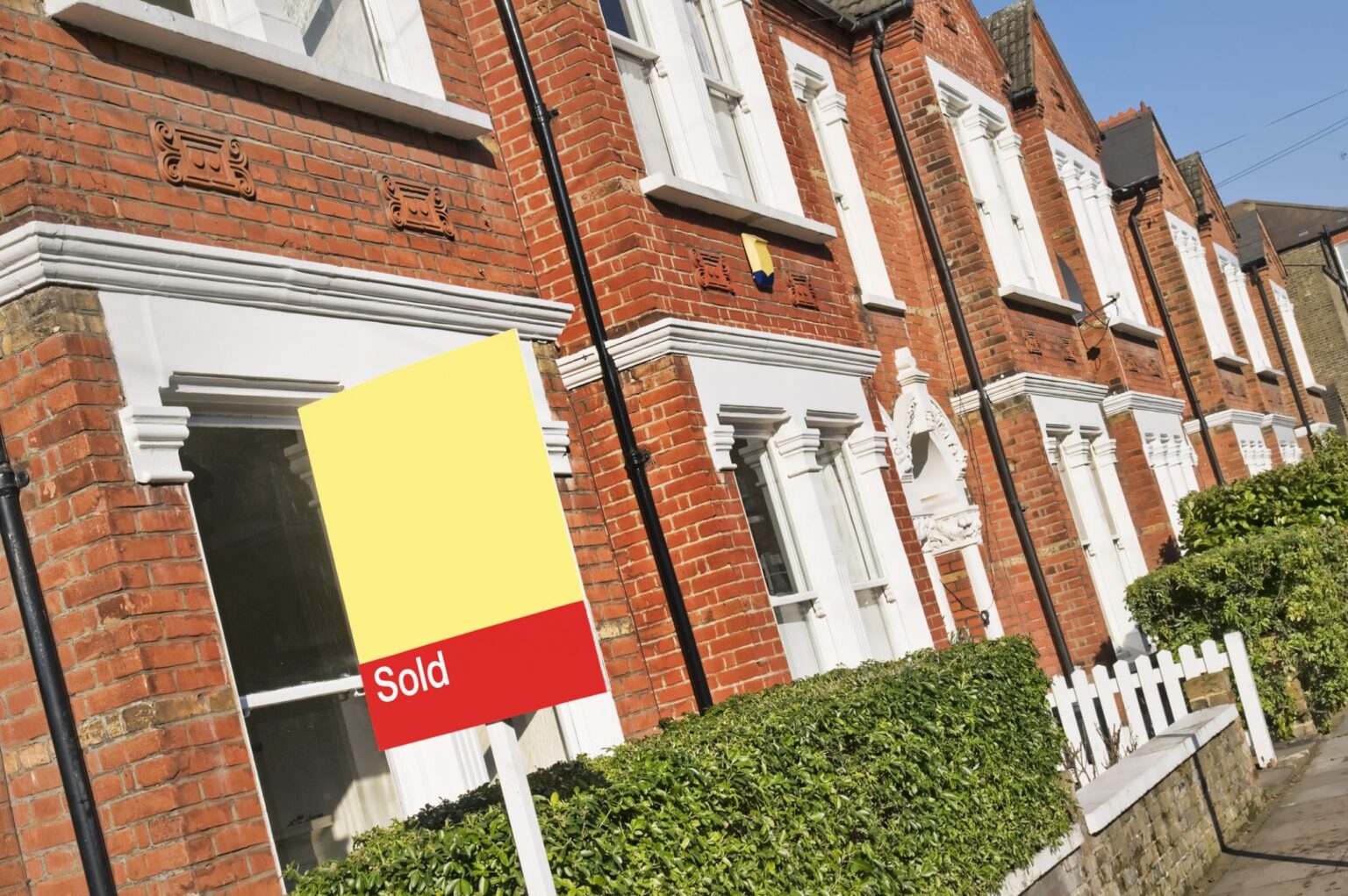The number of landlords and property investors looking to buy an HMO has been on the rise in recent months. Is it a good time to buy and what are the pitfalls?
Buyer appetite in the UK housing market is high among homeowners and new and existing property investors alike. Sales volumes are continuing to climb, and property prices are holding steady. As a result, many investors and landlords are looking to grow their portfolios right now to make the most of the climate.
Houses in multiple occupation (HMOs) are seeing particular interest from buyers right now. Tenant demand is currently extremely high, and many are seeing the added advantages of an HMO investment.
According to Owain Thomas at mortgage lender Foundation, overall buy-to-let applications have risen. The company saw a 46% increase in applications between July and August from “less experienced” landlords – those with three buy-to-lets or less.
The team has also seen an increase in applications for smaller or standard HMOs of six or less tenants. Between August and September, their figures showed a 23% rise in this space.
HMO investments – are they future-proof?
Owain Thomas points out that doing thorough due diligence and research before making any investment is crucial. Properties should be a good investment now, but also have longevity to increase your chances of capital appreciation. The same is the case, if not more so, for HMOs as they generally have a higher outlay.
According to BVA BDRC data, HMOs offer the highest buy-to-let rental yields. In their Q2 research, this property type yielded an average 6.9%, compared to a 5.8% average.
Thomas adds: “There are opportunities particularly in the six or less occupant HMO sector, which can be a successful stepping stone into this part of the sector, which might be particularly interesting for those who have never owned an HMO before. ”
“Even in the situation we currently find ourselves in regarding Covid-19, there is an expectation and anticipation that multi-tenant living is going to be required even more in the future, given where we are with ongoing housing supply levels and demographic changes.”
Young professionals or students
Paul Brett from mortgage lender Landbay says his firm has also seen rising interest in the space. With tenant demand likely to increase even further, lenders are also putting more of a focus on the sector. More mortgage options are coming to the fore offering specialist loans for this property type, which is opening up options for landlords.
He says: “Demand for HMOs is growing from both tenants and landlords so this is definitely a market for brokers to take an interest in. Not only will HMO properties typically require larger mortgages resulting in higher proc fees for those placing the mortgage, most people investing in HMOs will be professional landlords, which means they are likely to be business minded and open to your advice.”
While HMOs are increasingly popular with young professionals, they are also a common property type for students. It offers more affordable accommodation, and the social aspect of shared facilities and space. Even with the current pandemic, many people are happy to be “locked down” with their fellow housemates, rather than live alone, says Brett.
Things to be aware of
However, there are some pitfalls. Student lets can require more maintenance and greater repair costs. HMOs can potentially be more time-consuming in general, as each tenant tends to have a separate contract. On the flip side, this means fewer void periods, as it is less likely that the property will ever be empty.
There is also more work for the landlord, or property manager, at the start of each tenancy. The landlord must vet each tenant before they move in, which can be time-consuming.
Brett adds: “There are also other rules and regulations that the landlord will need to comply with such as fire doors on every bedroom, an alarm system and, if the HMO has six or more bedrooms, then the landlord will need to be licensed by the local authority and abide by rules that dictate the minimum amount of space each bedroom must have.”
Property investment as a safe haven
During times of uncertainty and turmoil, property can be a safer haven than other asset classes. Stock markets are famously volatile, and often feel the short-term impacts of economic wobbles much more than the property sector.
Real estate can avoid this volatility, as it is a tangible asset and offers a way for investors to easily diversify. It can also provide a consistent, predictable and passive rental income. Some investment options are completely hands-off, which is appealing for many. In addition, capital appreciation provides another aspect of the return on investment.
As the situation surrounding coronavirus continues to change, with the UK now in the grips of the second wave, appetite for housing remains high. The stamp duty holiday, cheap mortgage rates and pent-up demand are all contributing to activity levels. In the rental market, many tenants are looking to stay put for longer to give them more certainty. Others may have put plans to buy on hold, meaning demand for buy-to-let remains high.
At BuyAssociation, we have a number of HMO property opportunities available across the UK. Get in touch to find out more, and sign up for free early access to projects direct from the developer.










